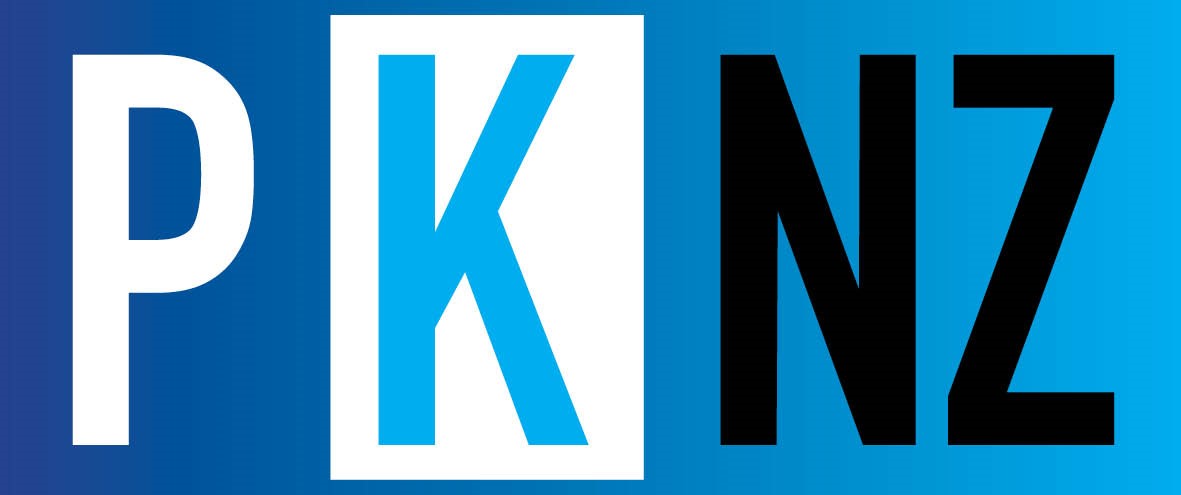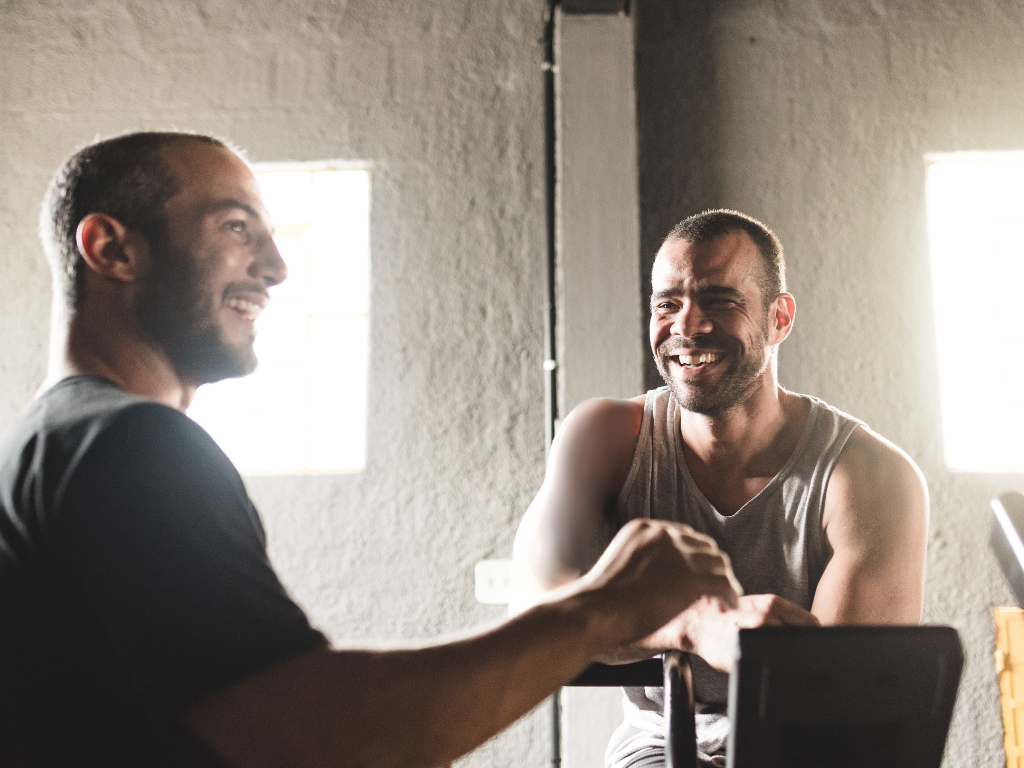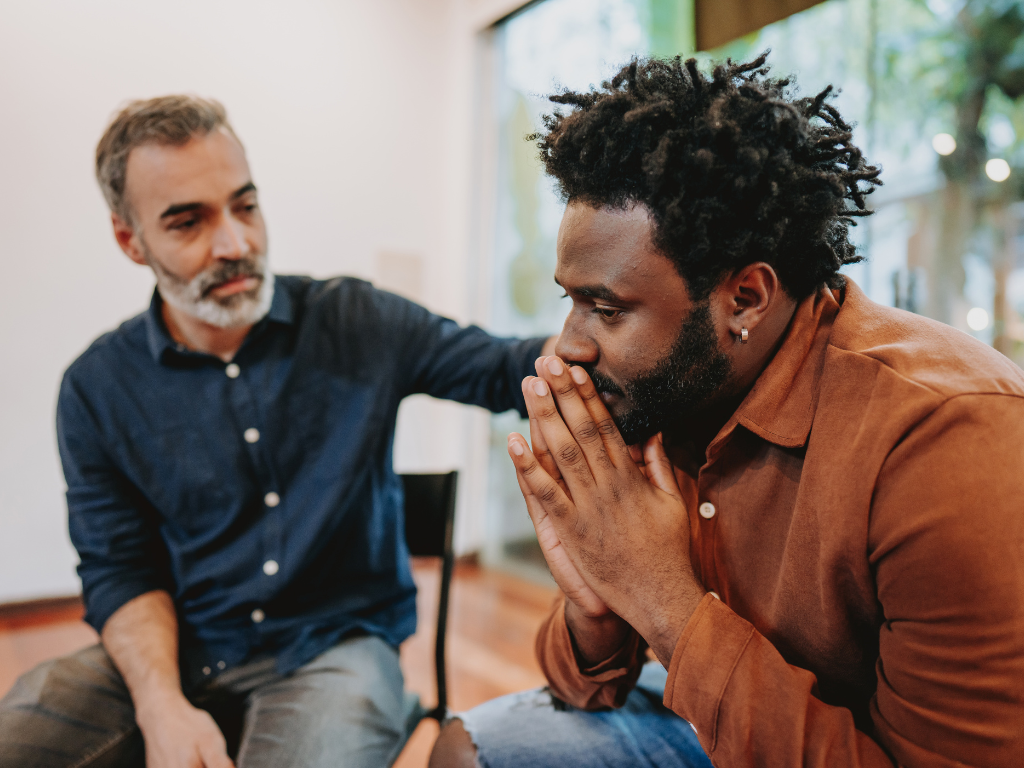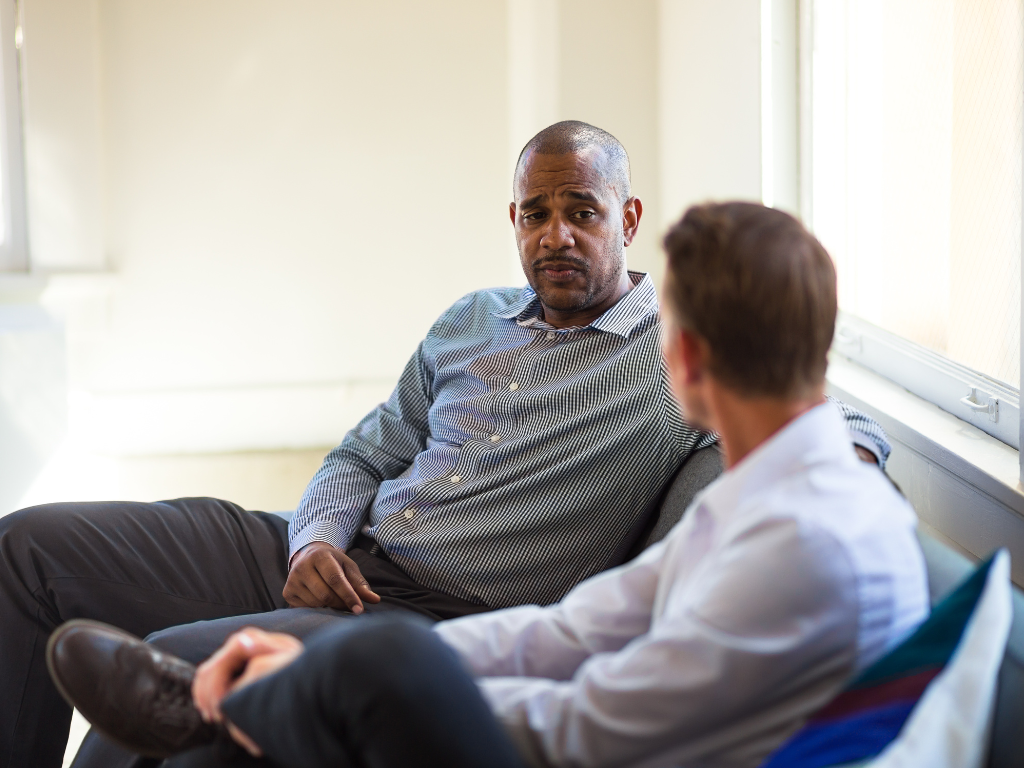Overcoming Addiction
On a cold, moonless night in late August 1994, four strangers gathered to pray, before driving the streets in our van. There was a lot of expectation and excitement; this was our first operational night of Drug ARM West. Drug ARM West was a collection of about 20 Christians from a variety of churches who were either in recovery or had a family connection to addiction. This group, led by me, would patrol West Auckland and Central City streets, feeding and talking with street people and the homeless between 11pm and 4am every Friday and Saturday night for years to come.
Apart from the Salvation Army’s recovery churches, this type of street outreach is largely the Christians’ response to addiction. We tend to buy into the stereotype that addicts are down and out, homeless and somewhere “out there”. This is a fallacy. All around us in our community and, yes, within your church and mine, are people addicted to all sorts of things that go largely unnoticed or unacknowledged.
So what is an addict? What do they look like? Would I recognise one if I saw one?
“Addiction is a condition that results when a person ingests a substance (e.g. alcohol, cocaine, nicotine) or engages in an activity (e.g. gambling, sex, shopping) that can be pleasurable but the continued use/act of which becomes compulsive and interferes with ordinary life responsibilities, such as work, relationships, or health. Users may not be aware that their behaviour is out of control and causing problems for themselves and others.” Psychology Today
Addictive behaviour can fall onto a continuum, from obsession with a Netflix show to full on drug use, alcoholism, gambling or pornography.
The actual user may be in denial, or anonymous within the community or Church, but the signs of stress can begin to show through the family and other connections. As the Church, we can be keeping an eye out for dysfunctional behaviour and unexplained stress exhibited by family members, as this may be a sign that all is not well at home. If you observe this ask, “Are you OK?” You may be surprised at the answer. If they reply “no”, then work with them to find help, and support them through what will be a long process.
When I worked with Drug ARM (Drug Awareness & Resistance Movement), we had processes to support both addicts and their families separately. Similar programs are still available today through Alcoholics Anonymous (for addicts), Al-Anon (for families) and Community Alcohol and Drug Services (CADS). Just as the saying goes, “A child is raised by a village”, addicts and their families do not recover as well without a supportive community around them.
This is an opportunity for the Church to step up and step in. “And the King will answer and say to them, Assuredly, I say to you, in so much as you did it to the least of these My brethren, you did it to me.” Matthew 25:40
We are not in a place to judge, but “there but for the grace of God go I!” This was so in my case; I was a problem binge drinker for over a decade. I can testify to the damage to family that addictions cause, but also to the fact that people can be set free from addictions and their families can become healthy again.
Dealing with addictions and the resulting damage has a spiritual component as much as a behavioural and physical component. Long ago Alcoholics Anonymous worked that out and built spirituality into their 12-step recovery program.
Step 2: [We] Came to believe that a power greater than ourselves could restore us to sanity.
Step 3: [We] Made a decision to turn our will and our lives over to the care of God as we understood Him.
This was the basis of the work we did with Drug ARM in the 1990s. It worked then and it works now! As the Church, the spiritual is our domain!
You may be saying, what has this got to do with me? I now come to the addiction epidemic that is sweeping the globe in the 21st century – pornography! If you are not involved yourself, you probably know someone who is. Or maybe you are in denial. Can you really stop viewing pornography completely anytime you like?
If the answer is “yes”, then do it! If the answer is “no” - well done, you have made the first step towards recovery by admitting you have a problem! The first step to saving your marriage and family from serious harm because, as with any addiction, pornography escalates - sometimes to real life sexual encounters. You have no real idea where this could take you and your family. If this is you, tell someone you trust that you need help!
On the other hand, if someone comes to you and says, “I need help with pornography” DO NOT respond by saying, “It will be all right, you don’t really have a problem!” This response could be because you want to cover up your own problem, or maybe it scares you because you don’t know what to do. But this person may never have the courage to admit it again. If you don’t know what to do just say, “I don’t know what to do, but I will help you find out.” Then seek help.
“Then they cried out to the Lord in their trouble, and He saved them from their distresses. He brought them out of the darkness and the shadow of death, and broke their chains in pieces.” Psalm 107:13-14
Ask anyone in a 12-step recovery programme and they will tell you “it (recovery) works if you work at it”. Don’t let fear or shame rob you or someone you love of all that God has for you.
Addiction does not have to be the final defining statement of someone’s life.
Jesus came to set the captives free!
Blessings
Paul Monahan

Paul Monahan is a life coach, leadership mentor and the former National Director of Promise Keepers NZ. Paul developed PK's Set Free from porn recovery program in NZ and he continues to be actively involved.



